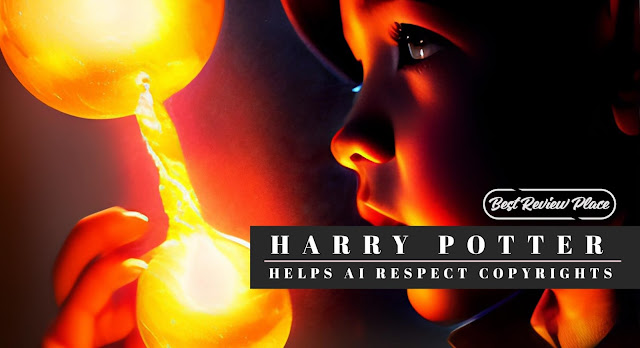The Challenge of Copyrighted Material in AI
In the ever-evolving landscape of artificial intelligence (AI), researchers face a persistent challenge – the ethical and legal implications of using copyrighted material for training AI models.
As AI increasingly infiltrates content creation and analysis, the need for diverse and extensive datasets has never been greater.
However, copyrighted data can be a legal minefield. This article explores how researchers are creatively using the world of Harry Potter to tackle this conundrum.
The Importance of Training Data in AI
AI’s prowess relies heavily on the quality of its training data. It’s akin to teaching a child; you need the right books and knowledge. Robust training data ensures AI models learn and perform effectively. But herein lies the problem: using copyrighted data can land researchers in hot water.
The Copyright Conundrum in AI Research
Copyright laws exist to protect content creators.
However, they also limit AI research that relies on copyrighted data. Researchers have been caught in legal crossfires due to the usage of copyrighted texts.
Recent controversies underscore the pressing need for a solution that respects both intellectual property rights and AI advancement.
The Harry Potter Solution
Enter the world of Harry Potter. Researchers have found a legal and ethical alternative for training AI models – public domain texts. The works of J.K. Rowling, including the beloved Harry Potter series, have entered the public domain in some countries, providing an opportunity to use these texts without legal constraints.
AI models trained on public domain texts have shown promise. These models, now free from copyright entanglements, can analyze and generate text without infringing upon copyrights. Researchers have harnessed the magic of Harry Potter to set AI on a new course of ethical and legal compliance.
Balancing Copyright Protection and AI Advancements
While Harry Potter and public domain texts offer a lifeline to AI research, the path forward should balance copyright protection and AI innovation.
Striking this equilibrium is vital. It will ensure that content creators’ rights are upheld while fostering the growth of AI technologies.
The Future of AI Training Data
The use of public domain and copyright-free texts marks a transformative moment in AI research. As researchers increasingly turn to these sources, AI advancements can proceed without ethical dilemmas. Open-access datasets and collaborative efforts will shape the future of AI research.
Conclusion:
Harnessing the Magic of Public Domain Texts for AI
In the quest to make AI forget about copyrighted material, the Harry Potter solution offers a ray of hope. By creatively using public domain texts, researchers unlock the magic of AI without violating copyrights. As AI continues to evolve, responsible and ethical practices like these will shape its future.
AI’s journey through the wizarding world of Harry Potter illustrates the importance of innovative thinking and ethical considerations in the pursuit of technological advancements.




